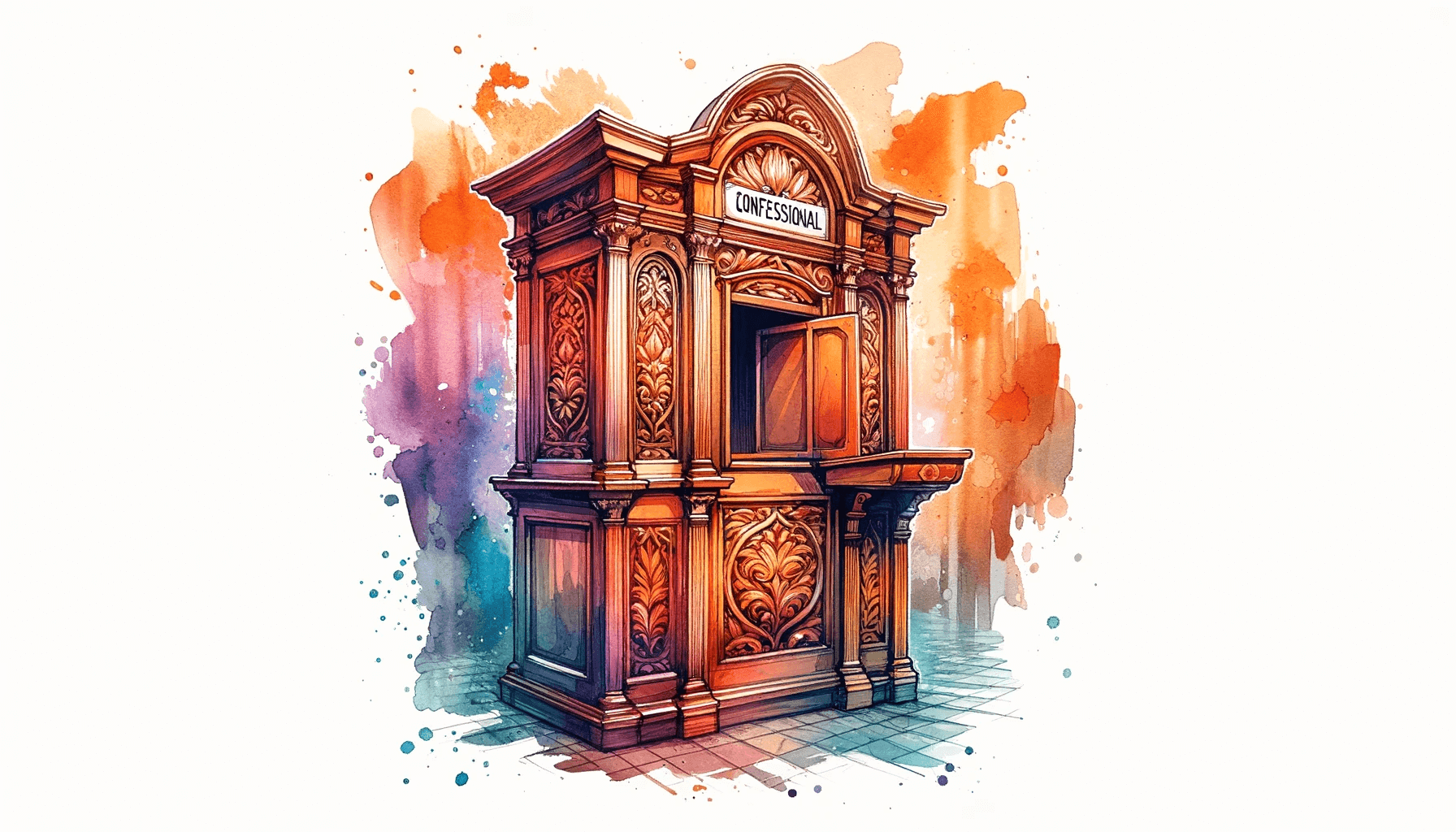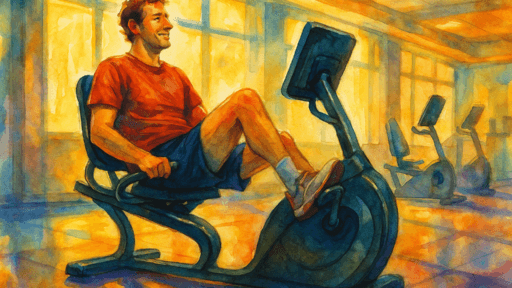“A brand is the promise of an experience.”
Alexander Isley
Hi, my name is Stephen, and I’m a sarcastaholic.
There, I said it. It’s not every day you admit to a room full of imaginary people that your most defining trait is a double-edged sword, sharp with wit on one side and often too cutting on the other. But here we are.
Growing up, sarcasm was my shield and my sword. It made me the class clown and the kid who might just be a little too smart for his own good. It was funny… until it wasn’t. You see, sarcasm is a bit like fire—a great servant but a terrible master. It can warm a room with laughter or burn bridges with a single ill-timed quip.
Take, for instance, when I first met my mother-in-law. A lovely woman, really, but not one initially versed in the language of sarcasm. When she first met me, she mistook my jests for jabs. It’s a story she loves to retell, how she thought I didn’t like her. Little did she know, in my world, sarcasm was akin to a bear hug—albeit a prickly one.
This anecdote, while amusing in retrospect, was a wake-up call. It made me ponder the kind of experience I was promising as a ‘brand’. Was I the ‘funny’ guy or the ‘mean’ one? The answer, as it often is, lay somewhere in the murky middle.
David Sedaris, a writer I greatly admire for his ability to turn the mundane into the extraordinary, once said, “A good [story] should be like a skirt; short enough to be interesting, but long enough to cover the subject.” In that spirit, let me skirt around the subject of sarcasm and its role in my life.
I’ve come to realize that sarcasm, like any form of humor, is a tool. Used wisely, it can be a force for good—a way to poke fun at the absurdities of life, including myself. There’s a delicate balance in making yourself the butt of the joke without crossing into self-deprecation. It’s a tightrope walk, but one worth mastering.
Reflecting on the experiences we create for others is a powerful exercise. It’s about understanding the impact of our words and actions. In my journey, I’ve learned that sarcasm, when used with care, can be a bridge rather than a barrier. It can be a way to show affection, albeit in a less conventional manner.
So, here’s to being a better friend, a better neighbor, and a better sarcastaholic. To using our personal “brands”, our unique traits, to create experiences that uplift rather than undercut. And to the power of humor in transforming not just how we are seen, but how we see ourselves.
In the end, it’s not about shedding our sarcastic skins, but about wearing them with a little more grace and a lot more kindness. Because, as I’ve learned, the promise of our personal brand is not just in the laughter we evoke, but in the warmth and connection that laughter can bring.






